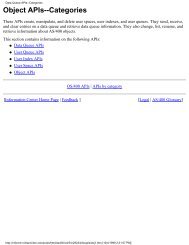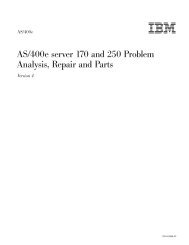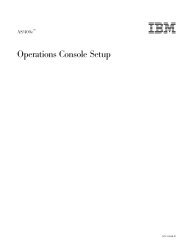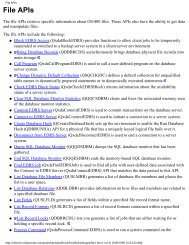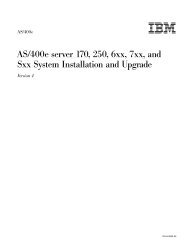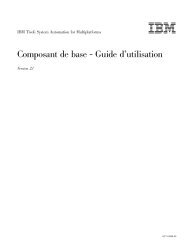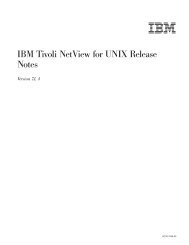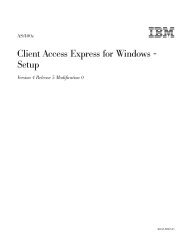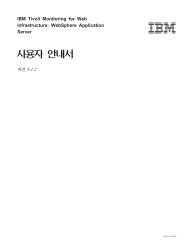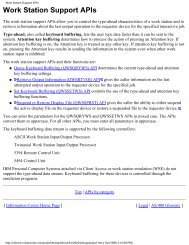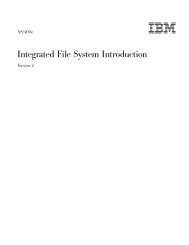Qshell Interpreter (qsh) - FTP Directory Listing - IBM
Qshell Interpreter (qsh) - FTP Directory Listing - IBM
Qshell Interpreter (qsh) - FTP Directory Listing - IBM
Create successful ePaper yourself
Turn your PDF publications into a flip-book with our unique Google optimized e-Paper software.
expr 10 = 10<br />
[ Legal | AS/400 Glossary ]<br />
hostname - Display the name of the current host system<br />
Synopsis<br />
Description<br />
Exit Status<br />
hostname<br />
id - Return user identity<br />
Synopsis<br />
Description<br />
Options<br />
108 <strong>Qshell</strong> <strong>Interpreter</strong> (<strong>qsh</strong>)<br />
The hostname utility writes the name of the current host system to standard output.<br />
v 0 when successful<br />
v >0 when an error occurs<br />
[ Legal | AS/400 Glossary ]<br />
id [user]<br />
id -G [-n] [user]<br />
id -g [-nr] [user]<br />
id -p [user]<br />
id -u [-nr] [user]<br />
The id utility displays the user and group names and numeric identifiers, of the<br />
calling process, to standard output. If the real and effective identifiers are different,<br />
both are displayed, otherwise only the real identifier is displayed.<br />
If a user (login name or user identifier) is specified, the user and group identifiers of<br />
that user are displayed. In this case, the real and effective identifiers are assumed<br />
to be the same.<br />
-G Display the different group identifiers (effective, real and supplementary) as<br />
white-space separated numbers, in no particular order.<br />
-g Display the effective group identifier as a number.



